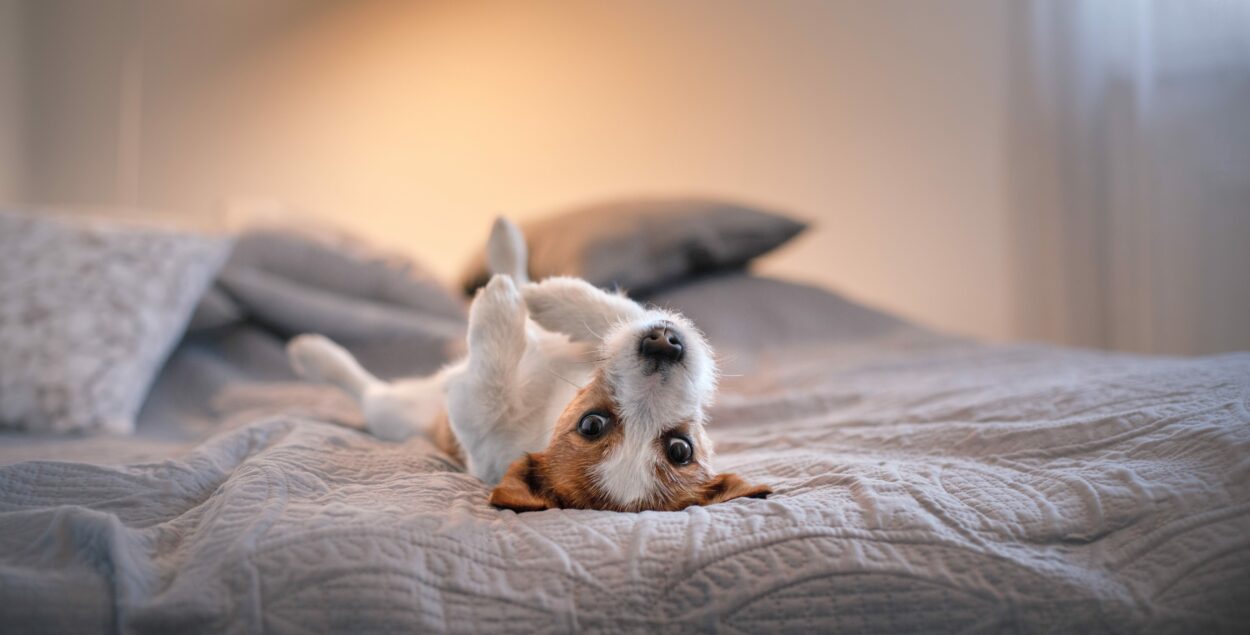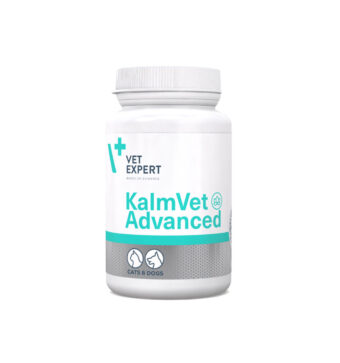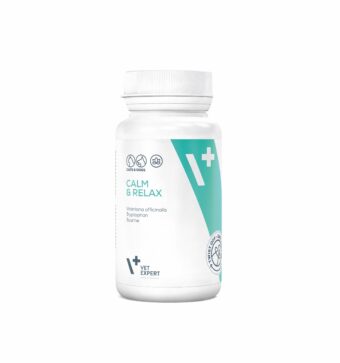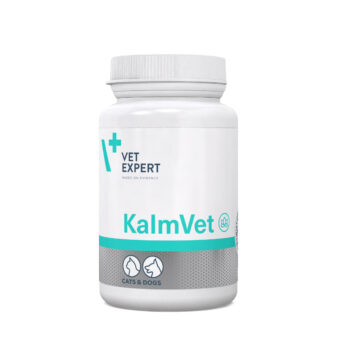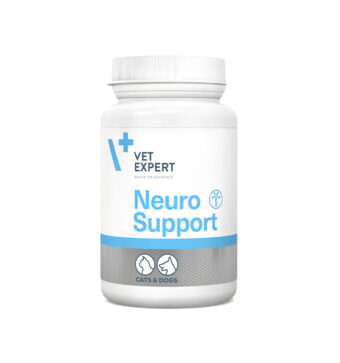The post-Christmas season and New Year’s Eve are a hard time for our pets. Many of them are terrified of the noise and have difficulties with going for walks a few days before the New Year. We will tell you how to make your dog endure these difficult moments as calmly as possible on New Year’s Eve.
The dog on New Year’s Eve is afraid – symptoms
Dogs by nature dislike loud noises and try to avoid them. Some dogs do not react to the sounds of storms, shots or firecrackers noise. Unfortunately, some animals are not indifferent to these sounds and react to them with fear. What symptoms should worry you?
- The dog is trembling, cringing and also panting
- the pooch is nervously running around the apartment or looking for shelter, e.g. in the bed or a dark bathroom
How to help a dog before New Year’s Eve – 5 important rules
If you already know that your pet friend is very stressed about New Year’s noise, you should try to prepare your dog to endure this difficult time.
Calm
Remember! Do not wait until the last minute to give the sedative. The active substances contained in the product take time to achieve the desired effect. The dose of the sedative should be appropriate to your pet’s weight, age and temperament, and the extent to which they react to fireworks and shots.
What ingredients should a good calming preparation contain?
When looking for a suitable preparation, pay attention to its composition. Try to choose one that contains substances that naturally calm you down and reduce the feeling of anxiety.
The natural ingredients contained in the product are safe, even with long-term use, and do not cause any brain fog in your pets.
It is worth paying attention to whether the active substances contained in the preparation have the effect confirmed by tests – you will be sure that giving the product to your dog will bring the desired effect.
Tryptophan – helps maintain a positive mood and good cognitive functions, because it is a natural precursor of serotonin (the so-called happiness hormone), which is necessary for maintaining emotional balance and peace. It has a stabilizing and calming effect. Tryptophan is an essential amino acid in a dog’s diet.
Chamomile – a natural substance that has a mild calming and anxiolytic effect.
Valeriana officinalis – helps to reduce tension and anxiety, has an anxiolytic effect not only in cats but also in dogs. Ask your veterinarian for advice on dosing the preparation for sedation.
Walks
On New Year’s Eve, do not wait until the last minute with your evening walk. Walk the pooch out before the noises begin for good. Under no circumstances should you let your pet loose.
Put the collar on the dog and, additionally, the harness, attach the two ends of the leash or two separate leashes to them – this will prevent the dog from breaking away suddenly when shots frighten them. The tag MUST be attached to the collar or harness! A longer walk these days will not be the best idea.
Even if your dog is not afraid of gunshots, STAY AWAY from any fireworks!
Safe place
On New Year’s Eve, the dog will try to hide in various corners of the house. Provide them with a safe hiding place – it could be a bathroom, an obscured kennel or a quiet corner in the room. The most important thing is that the dog should not be exposed to a lot of outside noise. Try to cover the windows and turn on the music to help drown out the sounds of blasts. Do not leave your dog home alone that night.
Feeding
It may happen that a stressed dog will not want to eat its dinner on New Year’s Eve. On this day, be sure not to test new foods to encourage them to eat. They can cause intestinal problems, and the last thing you need is an urgent walk before midnight.
Be a support for your dog
If your dog needs your closeness, provide them with it. Your calmness, subdued voice and gentle touch will help your pet to survive these difficult moments and to calm down their emotions. We debunk the myth about reinforcing anxiety behavior in this way.
By following the above tips, it will certainly be easier for you to go through this difficult time for your pet. Our and our pets’ safety is the most important thing.
Author: Izabela Cupiał
Zoopsychologist, veterinary technician, animal lover and enthusiast of cynological sports. Privately, a caretaker of two mongrels: Mimi and Pongo.
